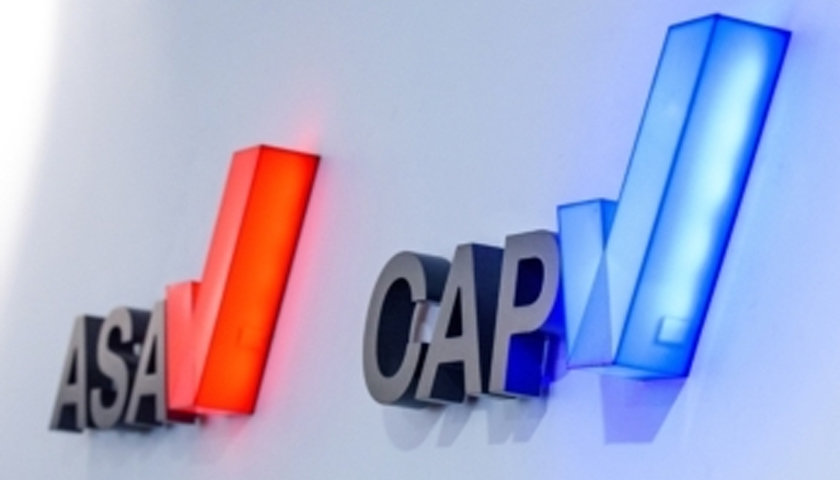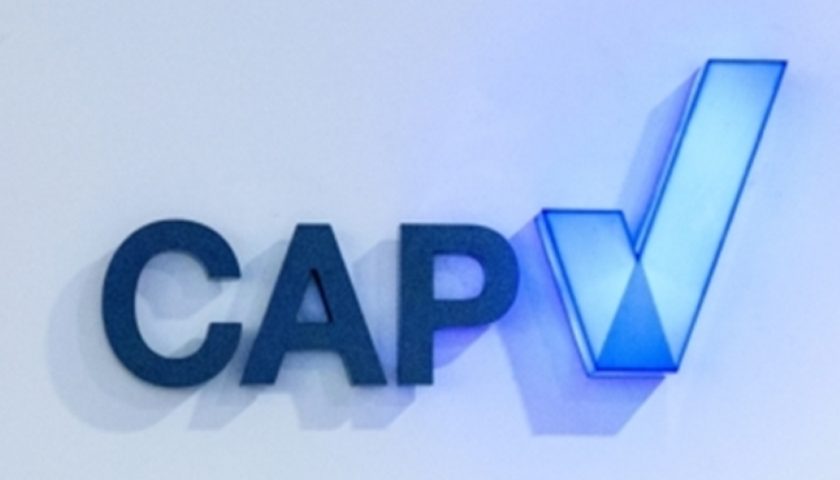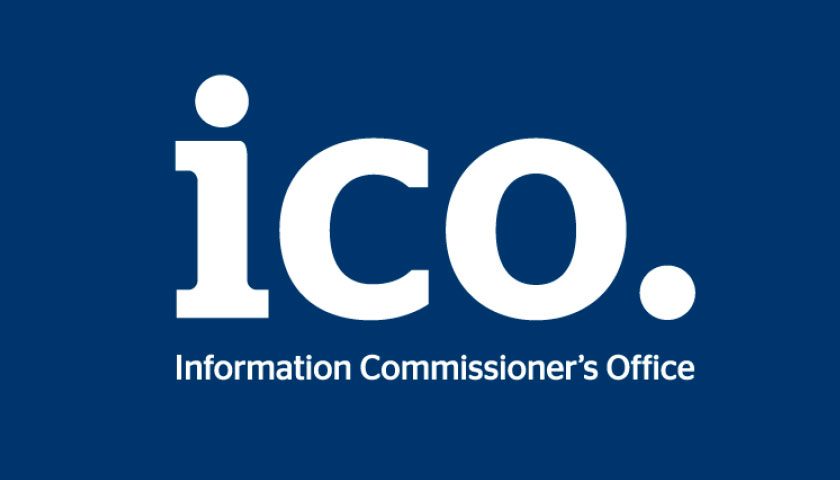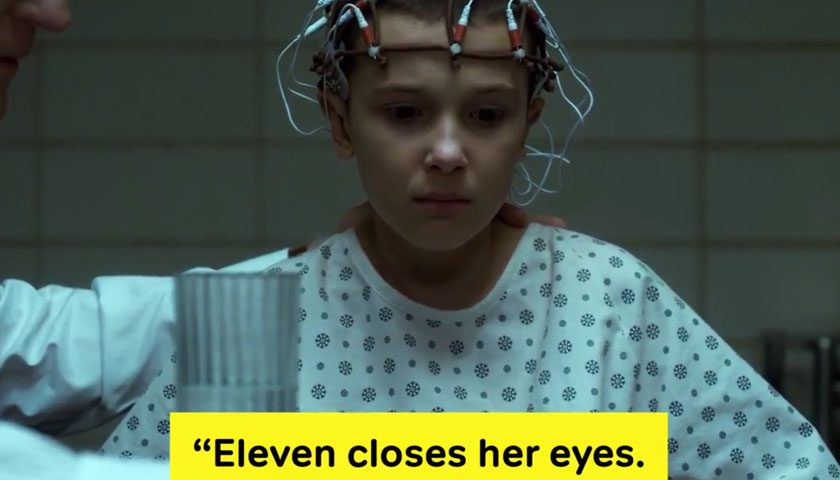Ofcom has announced the renewal of the co-regulatory arrangement that designates responsibility to the ASA system for the day-to-day regulation of broadcast, on demand programme service (ODPS), and video-sharing platform (VSP) advertising for a further period of ten years, until 31 October 2034. The ASA has day-to-day responsibility for regulating advertising on these services, with Ofcom providing a statutory backstop. The existing co-regulatory arrangements are due to expire at the end of October 2024 (ODPS and VSP) and the beginning of November 2024 (broadcast). This announcement follows Ofcom’s public consultation…
Read MoreTag: Ofcom
Statement on new Ofcom rules on inflation-linked price increases
Ofcom has introduced new rules requiring telecoms providers to set out any in-contract price rises clearly in pounds and pence before customers sign up to a contract. This will prohibit providers from including inflation-linked or percentage-based price rise terms in new contracts. The new rules and guidance will take effect on 17 January 2025. Last year, CAP published guidance on the presentation of mid-contract price increases in telecoms ads, following a public consultation. This guidance was developed in a context in which contracts including inflation-linked price increases were permitted by…
Read MoreUK’s largest connectivity providers commit to working together to reduce greenhouse gas (GHG) emissions
The Digital Connectivity Forum is delighted to announce the launch of a pledge for collaborative action to reduce greenhouse gas emissions (GHG) from the supply chain. The pledge, which is signed by many big mobile and broadband ISPs marks a positive step in an important journey, as the industry strives towards net zero. The commitment follows a roundtable meeting in May, convened by Ofcom and Accenture, where twelve telecoms and network infrastructure companies were invited to discuss and identify priority areas where they could work together to reduce GHG emissions…
Read MoreICO and Ofcom strengthen partnership on online safety and data protection
The Information Commissioner’s Office (ICO) and Ofcom have today set out how we will work together to ensure coherence between the data protection and the new online safety regimes. Our joint statement builds on our existing cooperative approach to regulation – and on our close working relationship established as co-founders of the Digital Regulation Cooperation Forum. In anticipation of Ofcom taking on new duties in 2023 under the Online Safety Bill, the statement sets out our shared regulatory aims. We want: people who use online services to have confidence that…
Read MoreRNIB joins with broadcasters to get more people using audio description
The Royal National Institute of Blind People (RNIB) is supporting a high profile advertising campaign aimed at helping people to use audio description on their televisions. UK Broadcasters including BBC, ITV, Channel 4, UKTV, and Viacom are taking part in the campaign, with promotional adverts airing from 17 July – 9 September 2018. Audio description is a free service that can transform TV viewing for people who have difficulty seeing what’s happening on the screen. Like a narrator telling a story, an additional commentary describes body language, expressions and movements,…
Read More



